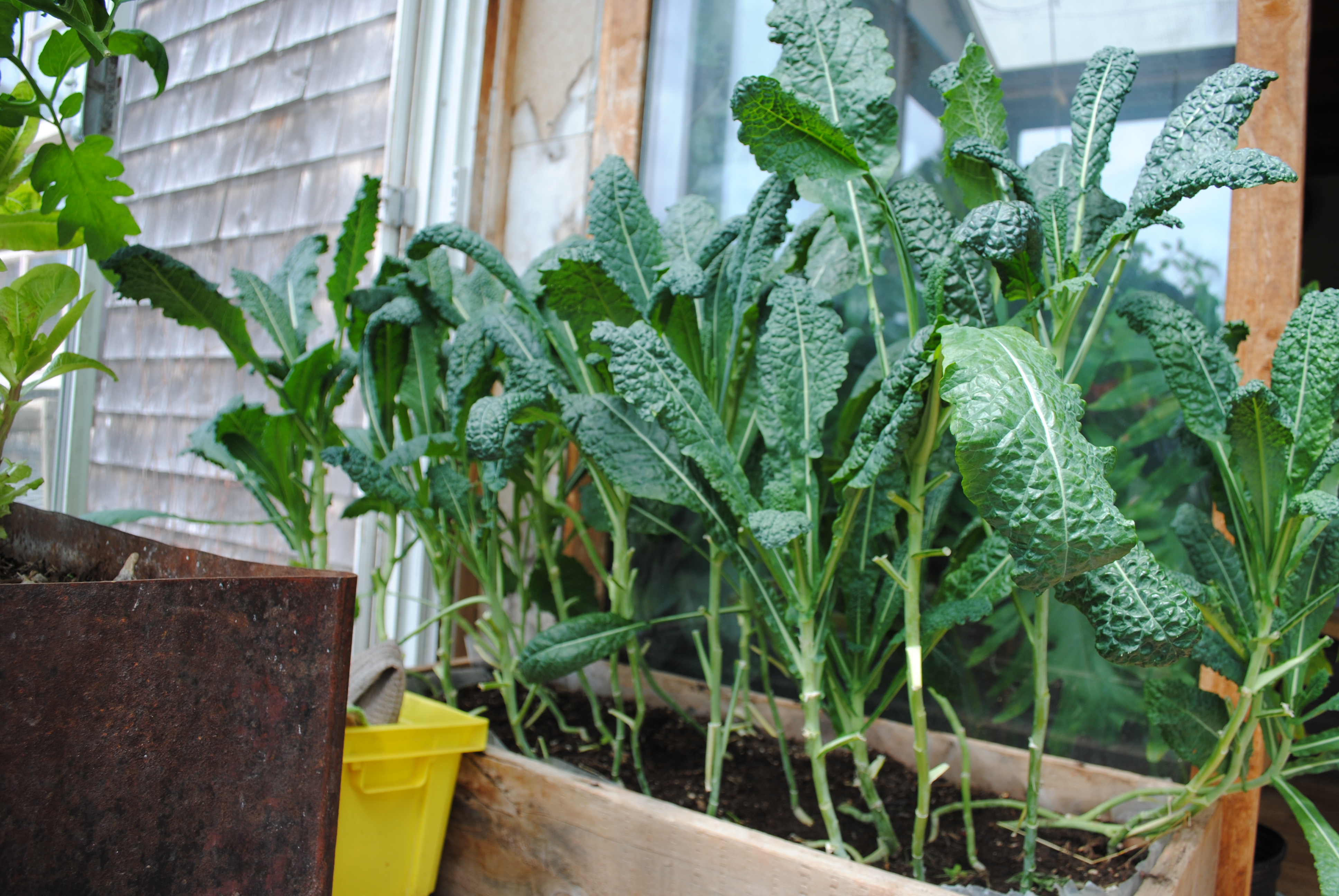Want more coverage of industrial farming, animal welfare and the environment? Support rabble.ca today!
So you’ve joined our Facebook event, you’ve googled nutritional yeast and washed all your Tupperware out for wholesome homemade lunches — you’re ready to take this year’s vegan challenge! But what does that really mean?
The point of the Vegan Challenge is to provoke discussion about what we eat and why. Trying to eat vegan for a week is a good place to start, but going vegan is not the end game for everyone.
The cost of transporting fruit and vegetables around the world so that North Americans can enjoy bananas in the dead of winter is a steep one. Shopping at a corporate grocery chains is in itself, problematic, supporting unjust multinationals with unfair labour practices. For folks who live in poor communities, where food deserts are a reality, going vegan may not even be an option. For folks whose traditions are based in sustainable hunting, fishing and trapping veganism can seem like simply another vehicle for settlers to exert colonial power.
Not to mention it can be difficult to even define veganism. Generally, vegans are known as folks who don’t use, eat or wear animal products but even this can get a bit sticky. While some veg groups advocate against militant veganism others have strict beliefs in what avoiding animal products actually looks like. Do you draw the line at white sugar, sometimes purified with bone char or specific chemicals? The whole process can quickly become confusing.
Reimagining food production as a transparent and accessible process is no easy feat. It’s a multilayered undertaking that forces you to question your personal involvement in systems of oppression from animal welfare to colonialism to violations of worker rights. Figuring out how to engage with that for you, in your own life with the resources you have is the real challenge. Even though it isn’t easy, it’s worth a shot.
Eating meat does have a measurable effect on the environment. Eating processed food from hundreds of miles away or factory farmed animals takes its toll. But these discussions are vital to our survival as a species. We must take action.
If you eat meat, try eating less this week. Try going vegan. If you’re vegan, try eating local this week. Try buying organic. If we all push ourselves to engage with our food in a meaningful way, we can all make a difference in our lifestyles and how we engage with the planet.
How are you taking the Vegan Challenge?
For resources on easy Vegan cooking try:
To find local food growing near you try:
Or try finding your local farmer’s market!
To find organic alternatives:



